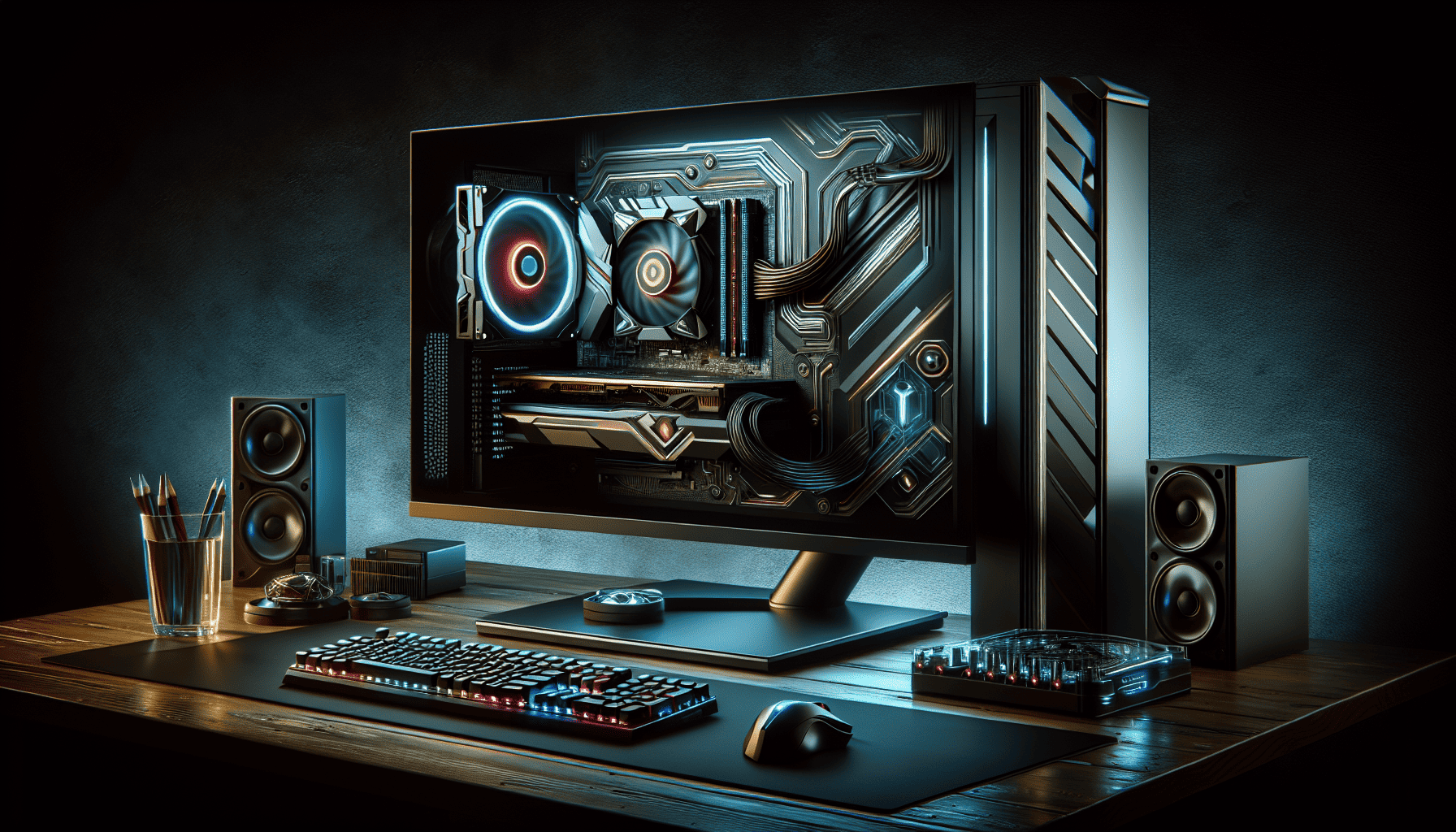In today's rapidly evolving digital landscape, cutting-edge technology is continually reshaping how we experience entertainment, and the gaming industry stands at the forefront of this revolution. With breathtaking graphics, lightning-fast processing speeds, and immersive experiences, modern games are more than just pastimes—they are a testament to technological advancement and innovation.
One of the most significant driving forces behind this evolution is the integration of artificial intelligence (AI) in game development. AI is revolutionizing how games are designed and played, creating smarter NPCs (non-player characters) and adaptive gameplay that can dynamically respond to a player’s actions. This creates more personalized gaming experiences, where the storyline and difficulty adjust to individual play styles. AI is not just limited to enhancing gameplay; it's also vital in analyzing player data to improve game mechanics and features, ensuring that developers can continuously refine and elevate the gaming experience.
Equally transformative is the use of augmented reality (AR) and virtual reality (VR) technologies. These tools are crafting immersive worlds that blur the lines between the game and reality. VR headsets allow players to step into virtual environments where they can interact with the game world in three dimensions. Likewise, AR technology superimposes game elements onto the real world, enabling experiences like virtual treasure hunts or battle simulations in players’ living rooms. These technologies are breaking new ground, offering experiences that were once confined to the realm of science fiction.
Cloud gaming platforms are another groundbreaking innovation, eliminating the need for expensive hardware and lengthy downloads. With services like NVIDIA GeForce Now, Google Stadia, and Microsoft's Xbox Cloud Gaming, players access high-end games streamed over the internet, reducing barriers to entry and making high-quality gaming accessible to a broader audience. This shift not only democratizes access to cutting-edge games but also transforms gaming into a more social and shared experience, as players can seamlessly switch between devices without losing their progress.
Furthermore, advancements in graphics rendering technologies, such as real-time ray tracing, create visually stunning environments with hyper-realistic lighting, shadows, and reflections. This technology adds a level of depth and realism to games that vastly enhances the overall aesthetic experience, drawing players deeper into the game world.
The integration of 5G technology also stands to catapult gaming forward, offering unprecedented data speeds and low latency. This development promises smoother, lag-free online gaming experiences and supports the growth of multiplayer and competitive gaming, a sector that is burgeoning into a significant cultural phenomenon.
In conclusion, cutting-edge technology is fundamentally transforming the gaming industry, providing unparalleled opportunities for creativity and new ways for players to engage with virtual worlds. As developers continue to push technological boundaries, the gaming landscape will inevitably evolve, offering ever more sophisticated and captivating experiences. Whether you're a casual player or a hardcore enthusiast, there's no denying that the future of gaming is incredibly exciting, shaped by the very best technology has to offer.
